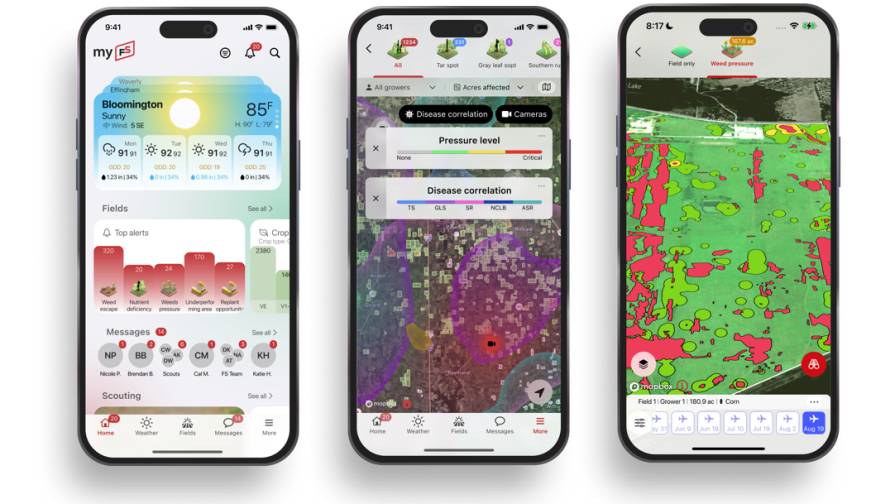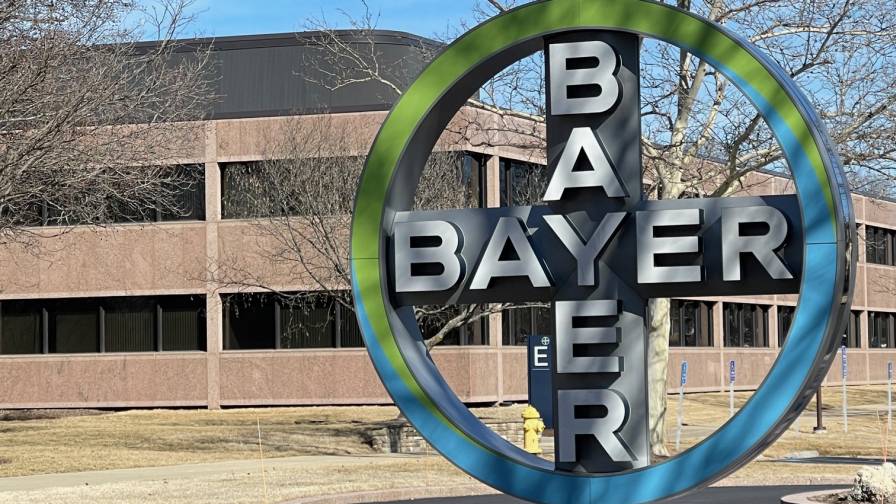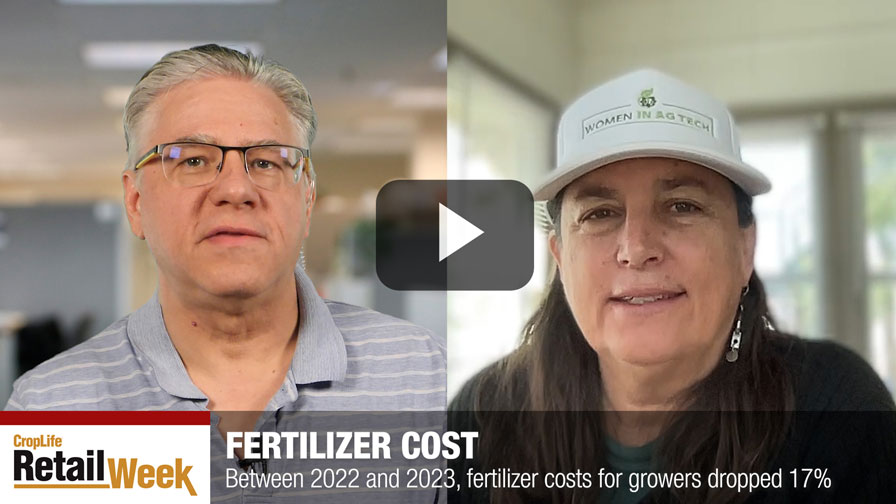CropLife America: A Challenging Agenda
The need to represent crop protection product interests in the Beltway has continued to grow in intensity, as challenges from environmental activists have been on the increase in recent years. CropLife America (CLA) has been working hard to represent agriculture on Capitol Hill, and has gotten involved in a number of policy and communications issues that stand to have a sweeping impact on the crop protection industry and agriculture if left unchecked.
Endangered Species Act
CLA has been involved in educating policymakers about issues surrounding implementation of Endangered Species Act (ESA) requirements and their potential impact on agriculture, including more product restrictions and extremist lawsuits. CLA has also been providing legal support for the industry as this issue continues.
The Endangered Species Act (ESA), and implementation of Biological Opinions (BiOps) issued by the National Marine Fisheries Service and U.S. Fish and Wildlife Service (the Services) that are in conflict with current EPA assessments remains a critical issue for CLA and the crop protection industry. As part of the ESA, a series of consultations between EPA and the Services is required, and this process is broken, hampered by disagreements over the methods used to reach conclusions and resultant recommendations. This issue gained attention in the U.S. House, eventually leading to a joint committee hearing on May 3 of this year. Now, there is a leading congressional call for the National Academy of Sciences (NAS) to review all relevant, outstanding science disagreements in this process, as well as the economic impacts.
Congress continues to recognize the importance of this issue and the need for a resolution. Rep. Ken Calvert (R-CA) offered an amendment to the House Interior Appropriations Act (H.R. 2584) which suspends implementation of National Marine Fisheries Service BiOps until the NAS review is complete and process improvements are in place. In addition, Rep. Jack Kingston (R-GA) offered an amendment to the House Commerce, Justice, Science Appropriations Act (H.R. 2596) directing that the National Marine Fisheries Service to expand the scope of the NAS review per congressional direction. Both of these amendments were adopted by Congress and added.
Meanwhile, a new lawsuit has emerged in recent months which presents a new potential threat to U.S. agriculture; Center for Biological Diversity and Pesticide Action Network North America v. Environmental Protection Agency. The suit could restrict the use of pesticides nationwide by claiming that EPA violated the ESA in failing to consult with the Fish & Wildlife Service and National Marine Fisheries Service on the registration of over 300 individual active ingredients. CLA was granted intervener status in the case, and is working to ensure that no settlement results in unnecessary product use restrictions.
Finally, CLA has filed a petition with the U.S. Fish & Wildlife Service and National Marine Fisheries Service (NMFS) to request improvements be made to their ESA consultation process with EPA in order to help guarantee that ESA consultations are rooted in the best available science, sound policy and stakeholder collaboration. These steps are essential to making consultations work to ensure the availability of crop protection and pest control products across the country. CLA also led an effort to engage other organizations to become involved with this matter, bolstering support of this vital issue.
NPDES Permitting
National Pollutant Discharge Elimination System (NPDES) permits are still an important issue, and again, one which Congress has begun to recognize.
Due to an erroneous court ruling, growers will require a National Pollutant Discharge Elimination System (NPDES) permit starting October 31, 2011, for certain pesticide applications to, over or near bodies of water. This redundant regulatory burden increases liability and cost with no added environmental benefit.
Already, CLA has successfully assisted the government in obtaining a six-month stay in the 6th Circuit Court’s mandate to finalize the NPDES permit program for pesticide applications. This action was imperative in providing EPA more time to develop and issue the state pesticide permit program and reduce the burden for American farmers and other applicators who might otherwise fall victim to costly lawsuits and litigation as result of unanswered questions pertaining to agricultural applications subject to the court ruling.
Legislation introduced in Congress, HR 872, “Reducing Regulatory Burdens Act of 2011,” passed in the House (292-130), and has reported out of the Senate Agriculture Committee by voice vote. It is now poised for Senate floor action this Fall, and the legislation has thus far demonstrated strong bipartisan support.
In the meantime, the National Marine Fisheries Service has issued BiOps on the pesticide general permit (PGP) which significantly increases the burden on small business, individual applicators and state and federal regulators who are forced to comply with the PGP.
Modern Agriculture Outreach
Equally important is remaining strong in speaking up on behalf of modern U.S. agriculture, and CLA continues to advance this priority issue.
This year CLA kicked off its “Tell Me More” program among member companies. Geared towards employees in our industry, the program educates and encourages them to speak up on behalf on U.S. agriculture.
CLA also held its second annual National Policy Conference last May in Washington, DC, titled “Lost in Translation? Deciphering the Discourse of Modern Agriculture.” The event served as a forum for a frank discussion of modern agriculture, and the tools and technologies used. Special speakers included Robert Kenner, director of Food, Inc., and Senator Debbie Stabenow, chairwoman of the Senate Agriculture Committee.
Product Stewardship
Product stewardship continues to gain priority status and additional focus at CLA. As the final implementation date of EPA’s Pesticide Container and Containment (PCC) rule has passed, CLA stresses the importance of the safety and stewardship of crop protection products throughout their life-cycle, including safe storage and the reduction and recapture of packaging.
The primary objectives of EPA’s rule are to facilitate the disposal and recycling of pesticide containers and protect the environment from potential pesticide releases due to spills and leaks in storage, refilling containers, or dispensing of crop protection products. Industry organizations have played an active supporting role in the implementation of the new rule, and have led training, the development of retail center certification for compliance with storage requirements, and worked to ensure the smooth implementation of the rule so that the objectives are met and regulatory burden is minimized.
CLA has worked with a number of organizations, including the Ag Container Recycling Council, Agricultural Retailers Association and National Ag Aviation Association, to educate and train retailers and customers across the industry.
For more information about the organization and its key initiatives, visit www.croplifeamerica.org.





